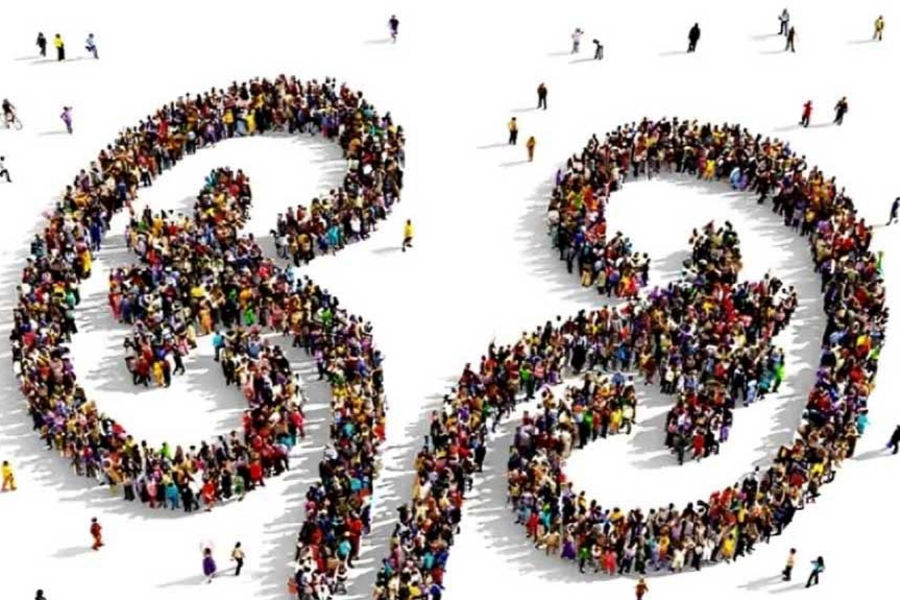
Published :
Updated :

In a bid to make kidney transplantation easier for patients in Bangladesh, the government is set to "revise" the Human Organ Transplantation Act.
A meeting between the Medical Education and Family Welfare Division and experts on Monday decided to open up a way for a “kidney swap”, essentially an exchange of registered donors between patients.
The names of a patient's nephews and nieces will be added to the list of legal kidney donors.
According to the “Human Organ Transplantation (Amendment) Act 2018”, parents, children, brothers and sisters, spouses and 22 close relatives can donate kidneys to a patient
Dr Sayedur Rahman, special assistant to the chief advisor, told bdnews24.com: “We are broadening the spectrum a bit in some inconsistent cases. We will provision to allow swap in case of kidney donation. That is, your donor has a close relative but does not match with you. Another patient has a donor but without a match but does with you. Again, the other patient matches with your donor. In such cases, the kidneys will be replaced in surgery together. It's simply an exchange in Bengali. "
Sayedur said, “The process of amending the law has yet to start. We're still holding meetings. Two changes have been made. There was a meeting on Monday, maybe the draft will come in 15 days. We need to change the law. "
Under the current law, nephews and nieces were not among the 22 types of close relatives who could donate kidneys. "The expert committee on kidney transplantation, in its meeting held on Mar 23, had recommended the inclusion of nephew and niece in the definition of a close relative."
The committee also gave recommendations on the procedure of the “swap”.
It suggested that in cases of incompatibility, the donor and recipient would register in the pair exchange programme. For this, a government database would cross-match compatible pairs.
In such cases, the surgeries should be done in the same hospital on the same day, it is recommended.
Citing a recent study, the Kidney Awareness, Monitoring and Prevention Society (KAMPS), a non-government organisation working with kidney patients in Bangladesh, said about 38.2 million people in Bangladesh are suffering from different kidney diseases. Every year, as many as 30,000-40,000 kidneys are damaged permanently, requiring regular dialysis or kidney transplantation.
Although 5,000 kidney transplants are needed annually, only 400 transplants can be done. More than 17,000 people die of kidney disease every year in Bangladesh.
KAMPS president Dr MA Samad identified donor crisis as the biggest hurdle for kidney transplants, adding that amending the law was a solution for that.
"Kidney transplant is the best treatment. However, it is not possible due to a lack of donors. Even if a donor is found, he has to go through many tests to see if they match [with the patient]. It would appear that in many cases, relatives are not compatible.
“Due to the limitations of the law, recipients stay on keen search for a way to buy [kidney]. That is why we have repeatedly called for the law to be amended. The change must be made so that anyone who wants to can donate a kidney. A central committee will control it. That committee will control it so that no irregularities or fraud can occur.”


 For all latest news, follow The Financial Express Google News channel.
For all latest news, follow The Financial Express Google News channel.